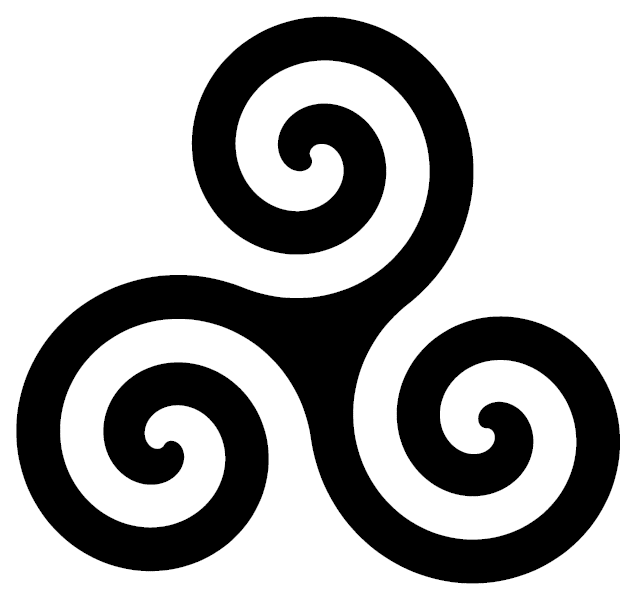 |
Craig White's Literature Courses Legend |
 Triumph Legend motorcycle logo? |
Oxford English Dictionary Legend etymology: < Anglo-Norman and Middle French, French †legende (now légende) story, tale, narrative (end of the 12th cent. in Old French; 1400 specifically with reference to a tedious, overly detailed account), saint's life, collection of saints' lives (both c1220), passage from a sacred text read aloud as part of a church service, originally at matins (c1235), popular story involving miracles or events of doubtful authenticity (1558), inscription on either side of a coin or medal (1579), caption to an illustration (1598), key to a map (1797),
3.a. The story of a saint's life, esp. as a source of spiritual edification.
5.a. A traditional story sometimes popularly regarded as historical but not authenticated; a fable, a myth.
5.b. A story or rumour, typically of recent origin, which is widely known and believed by people, but is in fact unverified; a popular myth or belief. (see also urban legend)
6. As a mass noun. 6.a. Legends collectively or as a genre; folklore, tradition. (e.g., "According to legend . . . )6.b. colloq. In predicative use. That which is celebrated or described in legends; the stuff of legend.
7.a. A person of sufficient distinction or achievement to have become widely renowned or talked about, esp. with respect, reverence, or awe. Frequently in living legend, a legend in one's (own) lifetime .
II.8.b. Numismatics. The words or letters on either side of a coin or medal.
d. A key on a map, diagram, etc., explaining the symbols and abbreviations used.


